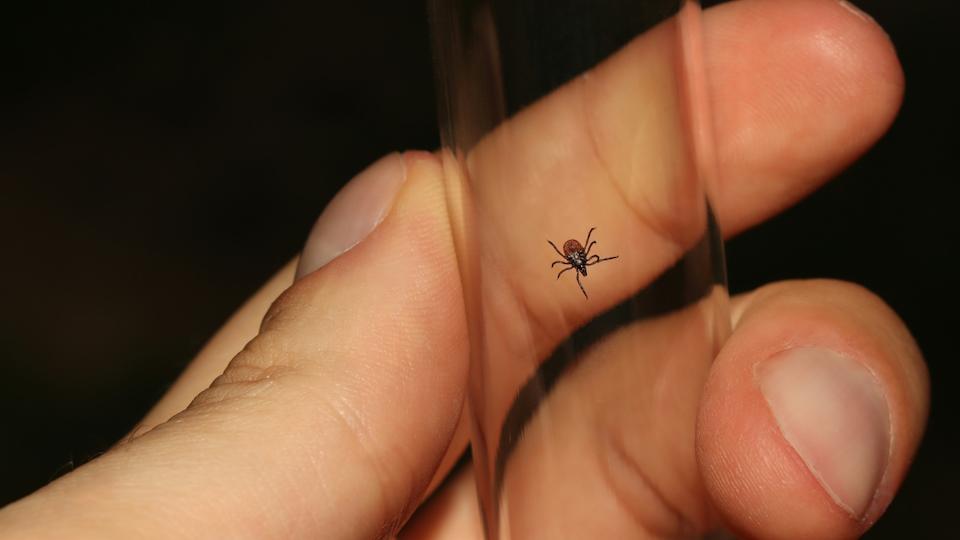Data builds behind Valneva, Pfizer's Lyme disease vaccine

New data for Valneva and Pfizer's experimental vaccine for Lyme disease – the furthest ahead in clinical testing – have bolstered the case for the shot as the results of a phase 3 programme are awaited.
The new findings, from the phase 2 VLA15-221 study, are important as they show that a second booster injection stimulates a strong immune response that was equivalent to that seen after a first booster dose, tying in with its expected use as an annual shot given ahead of the Lyme disease season.
Lyme disease is the most common vector-borne illness in the Northern Hemisphere and causes a characteristic rash that can be accompanied by flu-like symptoms and, in some cases, debilitating tiredness and aches that last for years.
Valneva and Pfizer's shot, called VLA15, targets the outer surface protein A (OspA) of the Borrelia burgdorfii bacteria that causes the disease. It has already generated positive phase 2 results using a two- or three-dose regimen that was shown to be immunogenic with no vaccine-related serious adverse events.
"We are encouraged by [this] data, which support[s] the potential benefit of booster doses across all examined age groups," commented Juan Carlos Jaramillo, Valneva's chief medical officer. "Each new set of positive data brings us one step closer to potentially bringing this vaccine to both adults and children living in areas where Lyme disease is endemic."
Antibiotics can be an effective treatment for Lyme disease, but there is a need for a vaccine that could be used to prevent infections in people who spend a lot of time outdoors, particularly as the number of cases reported each year has tripled since the 1990s, according to Centers for Disease Control and Prevention (CDC) data.
The reasons for the increase aren't well understood, but could relate to an increase in the deer population, reforestation efforts, climate change, and population shift from urban to suburban areas.
The CDC has estimated that approximately 476,000 people in the US are diagnosed and treated for Lyme disease each year, while 129,000 cases are reported annually in Europe, according to VLA15's developers.
Valneva and Pfizer's phase 3 programme started in 2022, but suffered a setback last year after it emerged that some clinical trial sites were not adhering to Good Clinical Practice (GCP) standards, leading to around 50% of US patients in the VALOR study being discontinued from the trial.
Valneva and Pfizer are now predicting a filing for approval of VLA15 in the US and Europe in 2026, having earlier pencilled that in for next year.
GSK (then SmithKline Beecham) developed a Lyme disease vaccine called Lymerix back in the 1990s, but it fell foul of anti-vaccine sentiment and the drugmaker eventually pulled it off the market in 2002, after settling a class action lawsuit claiming injuries from side effects.
Moderna is also working on mRNA-based vaccines for the disease and recently started recruiting patients into a phase 1/2 trial.
In 2022, Pfizer re-engineered the terms of its alliance with Valneva, taking an 8% stake in the French vaccine developer at a cost of around $95 million and reducing its share of the development costs for VLA15. The pharma group paid $130 million upfront to license rights to VLA15 in 2020.
Photo by Marino Linic on Unsplash











